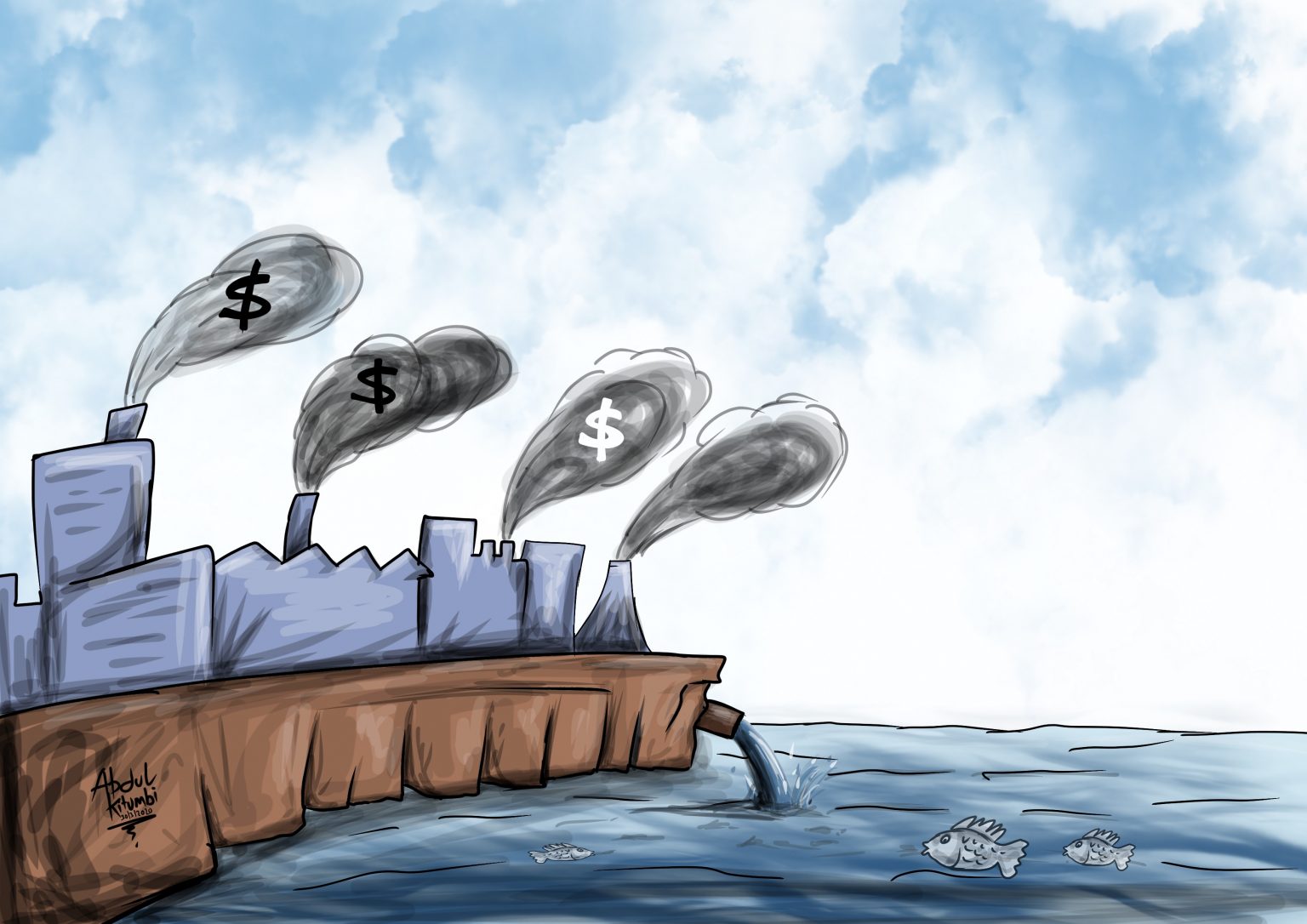Climate change is hurting the world including Africa. The Intergovernmental Panel on Climate Change noted that Africa is the most vulnerable continent to climate change impacts, and it is weak on various angles including having less strong adaptation capacities, and high dependence on natural ecosystems for the livelihood of its populations. As the world strives
[elementor-template id="94265"]
